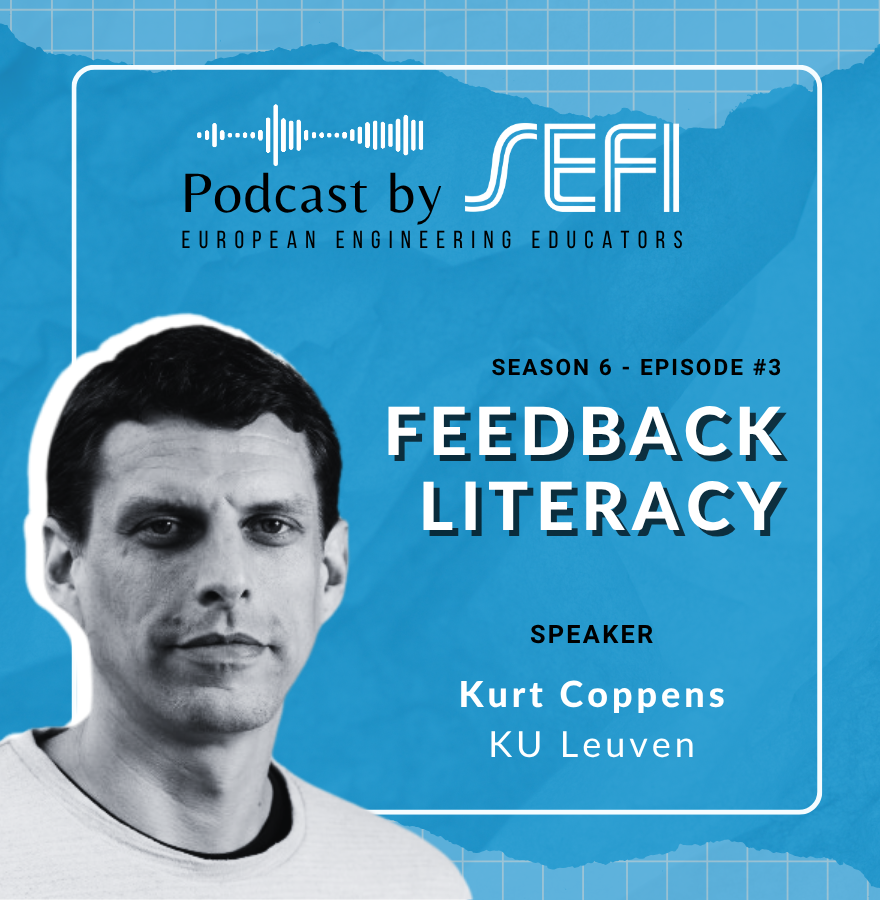Feedback is a somewhat perennial topic within higher education (HE), with increasing emphasis on students…

The Green Competence Sustainability Competence Framework stimulates engineering ethics
Alfredo Soeiro – AECEF (www.aecef.net)
The Green Competence Sustainability Competence Framework (GreenComp) has been published January 2022 by the Joint Research Centre of the European Union. It is the result of the policy actions derived from the European Green Deal. GreenComp suggests a list of sustainability competences to promote education and training for all with any type of qualifications. It aims at promoting the acquisition of knowledge, skills and attitudes in the area of sustainability. The goals are to influence thinking, planning and acting with responsibility and consciousness about the dangers affecting the future of the planet and about the preventive measures needed to provoke needed changes.
The GreenComp is divided in four areas of competences that are aiming at learning for environmental sustainability and to build consensus and actions among experts and the general population. The competence areas are embodying sustainability values, embracing complexity in sustainability, envisioning sustainable futures and acting for sustainability. For engineers these are mandatory competences either as graduates or as active professionals. Engineers change the world and must be competent to act responsibly and ethically in terms of the impact on society.
There are several Engineering qualification frameworks from the EUR-ACE standards to the IEA attributes and all address Ethics. From IEA “Apply ethical principles and commit to professional ethics and responsibilities and norms of engineering practice” to the EUR-ACE requirements that engineering graduates have knowledge, skills and attitudes when making judgments that include reflecting on social and ethical responsibilities. GreenComp is a competence framework that needs to be included in the qualification frameworks given the current relevance of providing sustainable engineering solutions.
Taking into account the definition of GreenComp that “it means prioritising the needs of all life forms and of the planet by ensuring that human activity does not exceed planetary boundaries linked to the application of their knowledge and judgement” there are competences that can be applied to engineers. The project CALOHEE (www.calohee.eu) is currently addressing this challenge and has produced for the civil engineers competence framework three decisions based on the GreenComp. Concerning the dimension Analysis and Problem Solving the following is required for each civil engineer:
- Knows that sustainability problems must be tackled by combining different disciplines, knowledge cultures and divergent views to initiate systemic change.
- Can synthesise sustainability-related information and data from different disciplines.
- Is committed to considering sustainability challenges and opportunities from different angles.
In Ethical terms, each engineer must acquire the necessary competences as defined in GreenComp given the social justice contemporary with XXI century civilization. GreenComp defines this type of competences as a set that empowers engineers to embody sustainability values, and to embrace complex systems, in order to take or request action that restores and maintains the earth ecosystem health and enhances justice, generating visions for sustainable futures.

